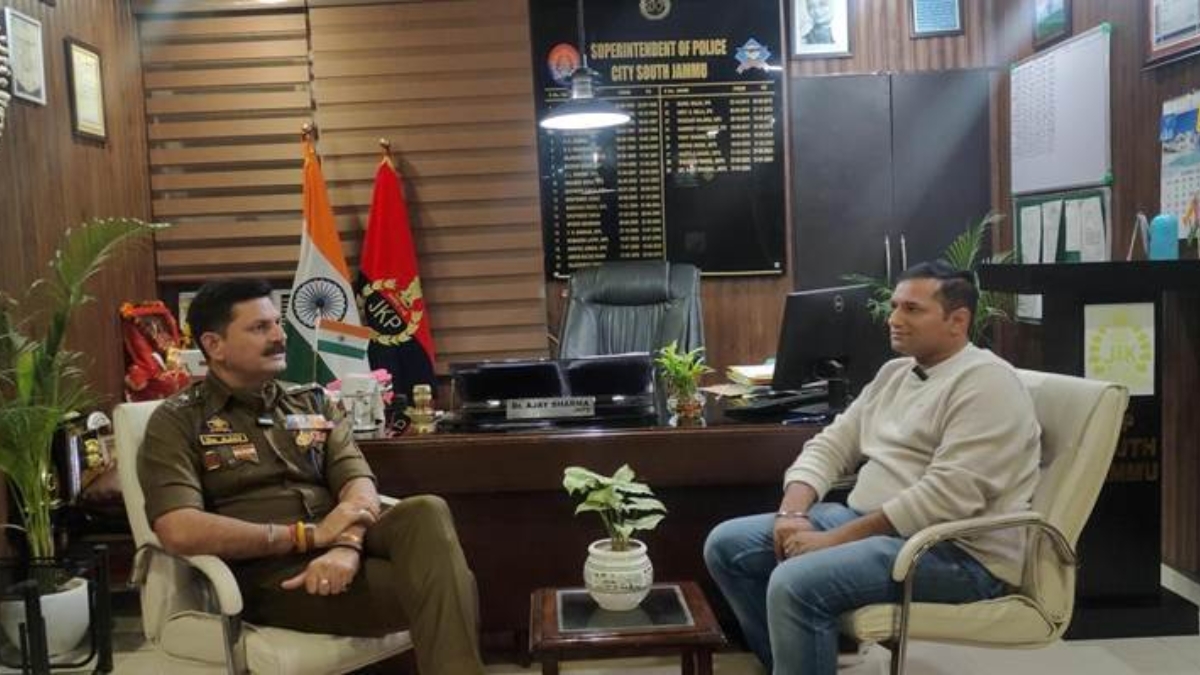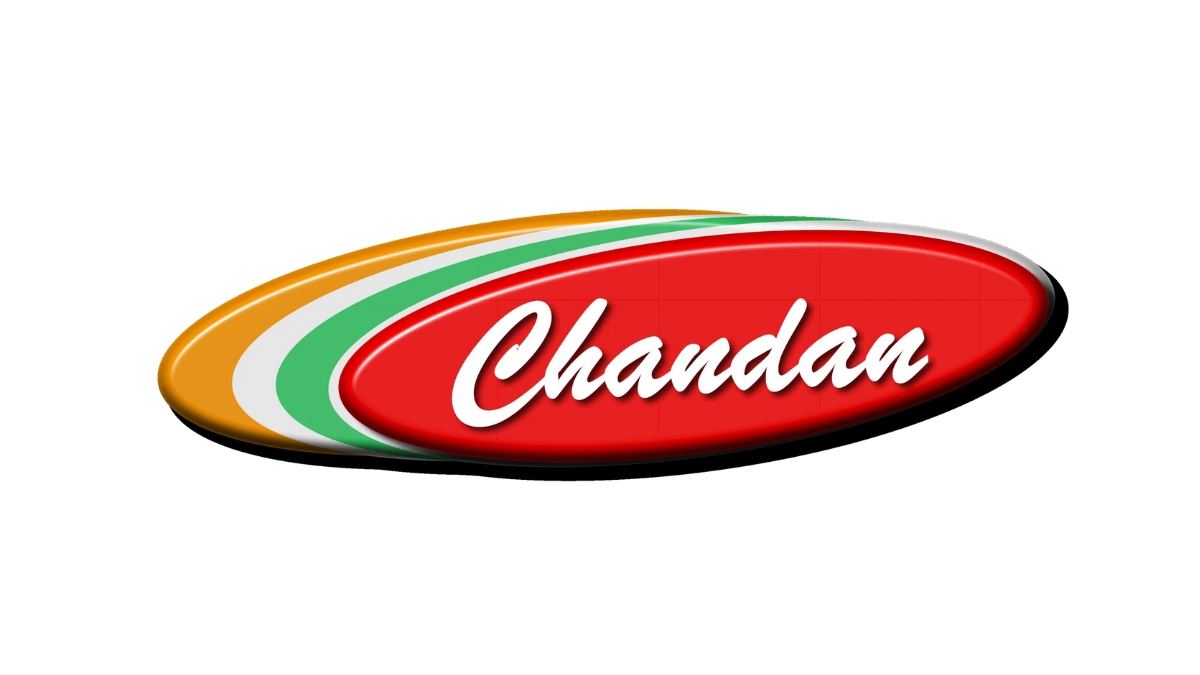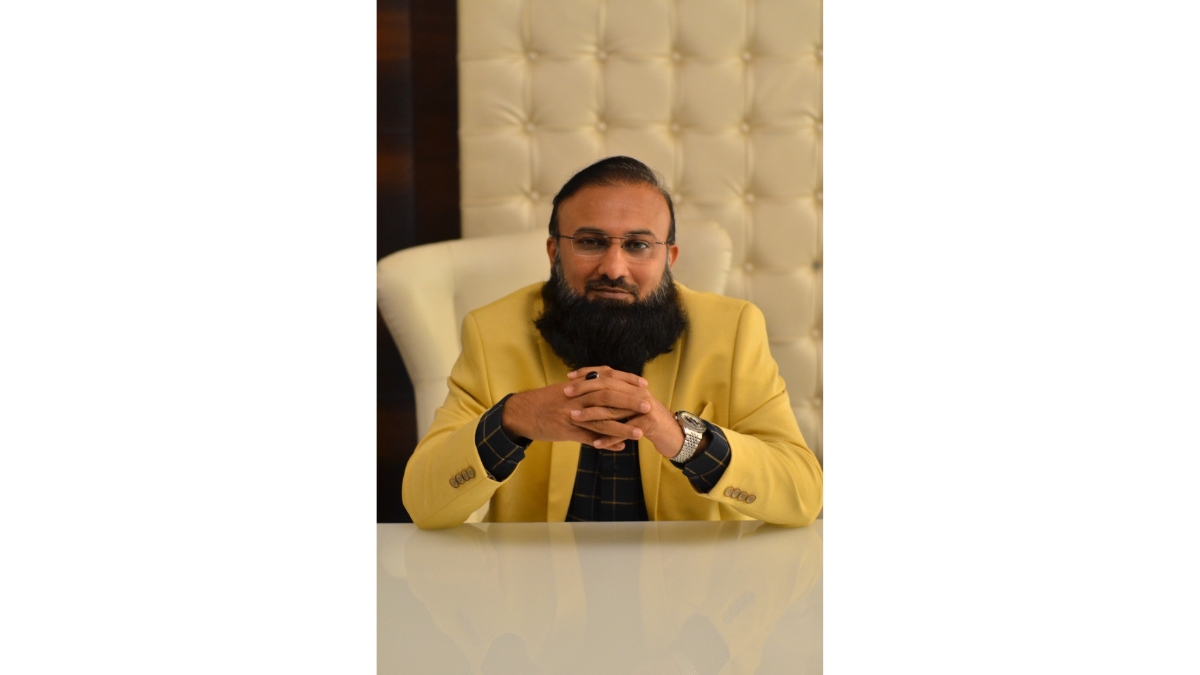
Trivandrum (Kerala) [India], April 18: The story of Sylcon isn’t just the tale of a brand; it’s the story of resilience, passion, & entrepreneurial spirit passed over through generations. It began in 1942, when a 12-year-old boy, K. Hamza, left Thalassery in Kerala, his hometown, with nothing but a mind full of dreams and determination in his heart. He journeyed to Ceylon (now Sri Lanka) and began working as a helper in a leather manufacturing company.
Hamza quickly absorbed & adapted to the skills of the trade, and within a couple of years, he mastered the craft of belt-making. He started his own belt manufacturing unit in Ceylon, which was perceived as a bold move for someone at such a young age. However, it was just the beginning.
Hamza returned to India in 1951 and launched a bag manufacturing company in Madras (now Chennai). His entrepreneurial journey continued to evolve, and in 1963, he relocated the unit to Broadway in Cochin, where he established Madras Plastic House. But it was in 1968, a defining moment, when a new identity emerged as a brand name “Sylcon”, inspired by Ceylon, the land where it all commenced.
What began as a single footwear store in 1963 soon transformed into a pioneering brand that would reshape retail in South India. It was in 1968 that K.V. Shiraz, K. Hamza’s aspirant & visionary son, opened the first Sylcon outlet near Kavitha Theatre on M.G. Road, Kochi. The store, offering high-quality footwear and apparel, quickly became a hotspot for Kerala’s elite and celebrities. Sylcon wasn’t just a store; it was a trendsetter indeed.
Under K.V. Shiraz’s inspiring leadership, Sylcon expanded rapidly, soon boasting over 10 outlets across Kerala. The brand earned the title of “South India’s fastest-growing footwear retail chain”, not only for its rapid expansion but for its trailblazing innovations. In an era when footwear was typically hung on walls, Sylcon introduced the concept of rack displays, revolutionising the in-store shopping experience in the South. Sylcon also played a major role in bringing leading global and national brands of footwear, bags & leather goods to Kerala, setting standards for retail presentation as well as customer service.
Today, Sylcon Group is a Kerala-based retail conglomerate, envisaged by the enduring legacy of K. Hamza along with the transformative leadership of Chairman K.V. Shiraz. The group has funded research & innovation while staying rooted in its founding values.
Now looking to the future, the group is diversifying and expanding its footprint across retail sectors:
- Express supermarket formats and convenience stores tailored to Gen Z, offering affordable and convenient shopping.
- Entry into lifestyle jewellery and beauty to widen product offerings.
- A major thrust on food retail, including niche concepts and experiential stores with everything from fresh produce to live kitchens.
- Expansion of its multi-cuisine premium restaurants, along with new formats like bakeries, tea cafés, quick bites, and convenient dine-ins.
To support these ambitious moves, Sylcon is investing in technology and actively building a skilled workforce, including professionals like IT Managers to streamline operations alongside boosting efficiency.
Chairman K.V. Shiraz, known as the “Retail Guru of Kerala”, has been the force behind Sylcon’s growth & success. His unwavering dedication, commitment to innovation, and deep sense of social responsibility have earned him accolades, including the prestigious B.R. Ambedkar National Award for his contributions to society. Shiraz has shown that with vision and dedication, business growth & community service can go hand in hand.
Today, Sylcon is entering a new era under its third generation of leadership, Faizan Mohamed, Ameena Neha, and Sarah Sanam. The trio is ready to carry forward the legacy, taking the brand to greater heights.
At the core of Sylcon’s journey is its flagship brand, Sylcon Shoes, offering a vibrant array of shoes, bags, and accessories that continue to set the standard for quality and lifestyle.
From a humble beginning to a 1500 crore retail vision, Sylcon’s story is a testament to grit, innovation, and the enduring power of a dream that began in 1942, which still burns brighter.
If you object to the content of this press release, please notify us at [email protected]. We will respond and rectify the situation within 24 hours.







